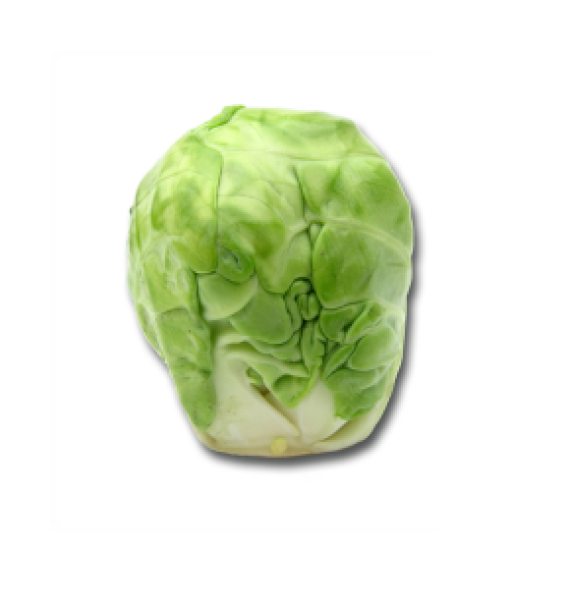A nightmare for many children – and, let’s be honest, a fair few adults: a plateful of broad beans, parsnip or Brussels sprouts
. Due to their relatively bitter taste, we do not automatically love vegetables. And that is a pity, says Victoire de Wild, PhD student at Human Nutrition, ‘because vegetables are an important part of a healthy diet.’ When you consider how our preferences develop at an early age, it is a good idea to teach toddlers to like sprouts.
Parents often wonder how on earth you manage that. The answer is simple and difficult at the same time. The best idea is to get their children to taste the vegetables regularly, as De Wild has demonstrated in an experiment. Teaching children to associate the taste of vegetables with familiar flavours that they like is much less effective. ‘This result has a clear message to parents,’ says De Wild. ‘Persevere! Children don’t need to eat a lot of vegetables but don’t give up after just a couple of times. It’s often a question of time.’
In her experiment De Wild gave 45 toddlers the chance to get used to beetroot and parsnips over a period of seven weeks. Every day, in a random order, they ate one of the two vegetables, which had been freeze-dried and looked like crisps. Half of the toddlers always dipped the beetroot in ketchup and the parsnip crisps in a tasteless white sauce; with the other half, it was the other way round.
Children don’t need to eat a lot of vegetables but don’t give up after just a couple of times
Victoire de Wild
Six months after the familiarization period, De Wild let the children have as many vegetable crisps as they wanted, without any dip sauces this time. Whereas at the start they would eat about 5 grams of vegetable crisps on average, now they ate 20 grams. It made no difference whether they had been given white sauce or ketchup with their crisps during the familiarization phase. It was the familiarization, not the association with the sweet ketchup, which made the toddlers eat more.
It is not clear to what extent you can transfer these results to the kitchen table. The toddlers were influenced by the friends they sat up at the table with. What is more, Dutch children are usually fed boiled vegetables and not new-fangled vegetable snacks that they even get to dip in sauces. The results came out in June in the journal Pediatric obesity.

